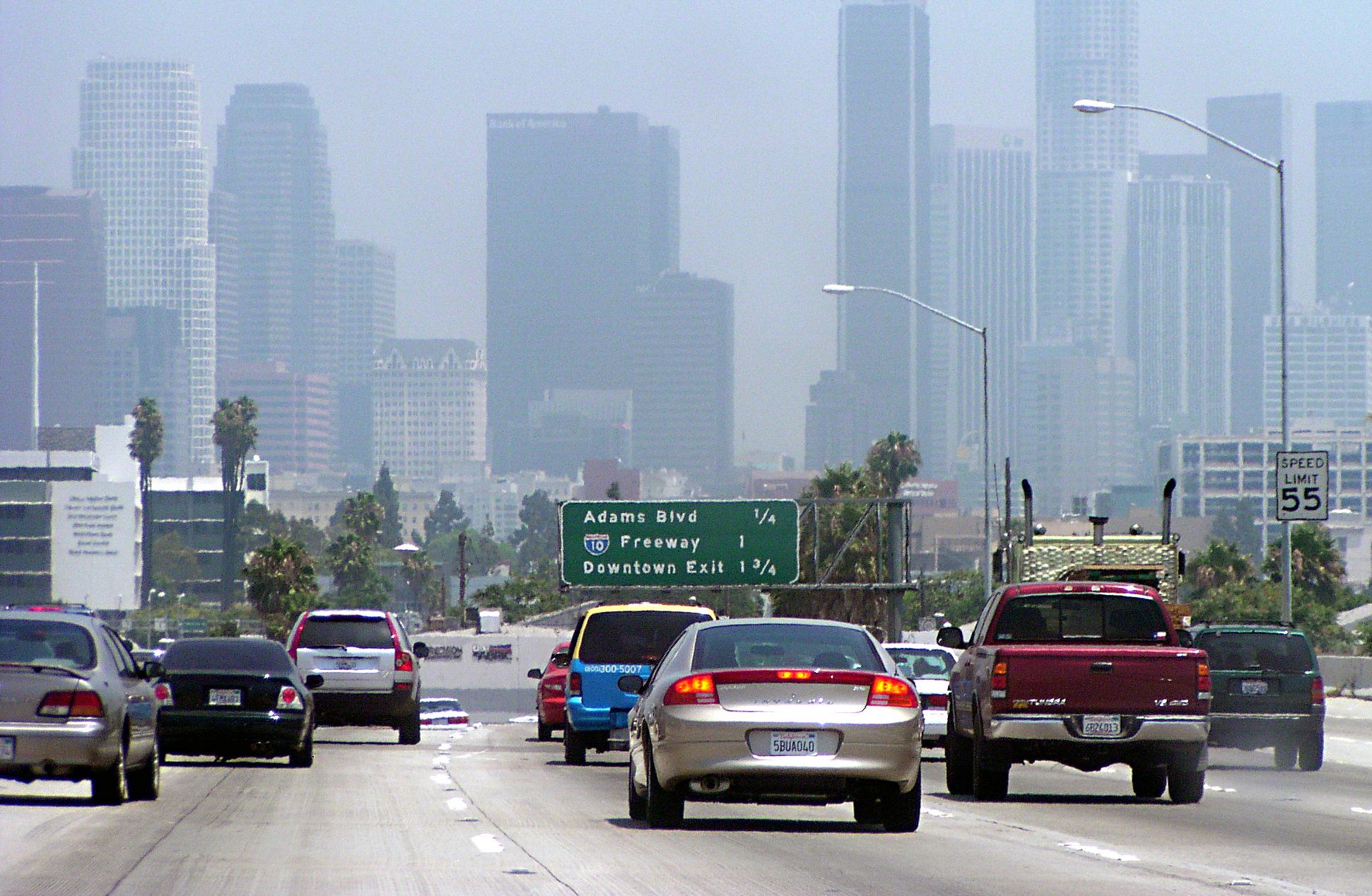Public-private partnerships, or P3s, are hailed these days as a way to deliver public services or infrastructure in a time of fiscal scarcity. But a P3 can still end up being very costly for taxpayers. Aaron Renn at the Urbanophile points out that roads, in particular, are being built with P3s structured to shift costs to the public in ways that can be difficult to discern.

As driving declines, road building becomes a riskier bet. (Analysts rated Kentucky's $753 million bond proposal for the $2.6 billion "Ohio River Bridges" project just barely above junk status, for example.) But federal programs like TIFIA still make billions in subsidized loans available for toll roads, and states still jump at the chance to build highways.
The new problem, Renn writes, is that governments are accepting P3 terms that are much more generous to road builders, shifting the risk to taxpayers:
One of the theoretical benefits of privatizing a government asset or service through a lease or equivalent is that it hedges future risk by transferring it to the vendor. That obviously comes with a price tag, but that’s clearly because it has value. It provides predictability to the government.
In practice, these contracts have proven to be so stacked in favor of the vendor that the taxpayer retains most of the risk... when the Borman Expressway flooded and Indiana decided to make travel on the Toll Road free until it was drained, the state had to pay compensation to the vendor for this. The flood risk was retained by the state. This doesn’t mean it was a bad deal. In fact, it remains a great deal – one of the best from a taxpayer perspective. But the degree of risk transfer can be overstated. The price to construct and maintain roads is pretty well understood by the people doing these deals, so the main risk to the vendor again was revenue risk – would people keep throwing money in the toll baskets?
Well, apparently even just the revenue risk was significant. The Great Recession, a traffic drop off instead of increases, and prices stoked by irrational exuberance have put many private road operators in financial distress. According to the Journal, one such operator – American Roads, LLC – is already in Chapter 11. Their bond insurer is alleging fraud from deliberately inflated traffic projections. The Indiana Toll Road consortium may file bankruptcy. The Dulles Greenway is struggling.
In order to attract capital, Renn says, P3s are now being structured to guarantee certain revenues to private investors -- the so-called "availability payment" model that Streetsblog Chicago has explored while reporting on the Illiana Expressway proposal. What value, if any, do these deals provide to taxpayers? That's a difficult question to answer, Renn says, because the details of the contracts are mostly hidden from the public.
"Public officials are using the lingo 'investment' when what they are really doing is creating a very complex and opaque construction contract," said Renn. "It’s very misleading."
Elsewhere on the Network today: The Economics of Place explains two proposals designed to minimize the negative impacts of highways in Detroit. Systemic Failure reports that California High Speed Rail will be required to have space for eight bikes per train. And Streets.mn says traffic signals for pedestrians are needlessly complicated.
Rendering of the Ohio River Bridges project: 8664





